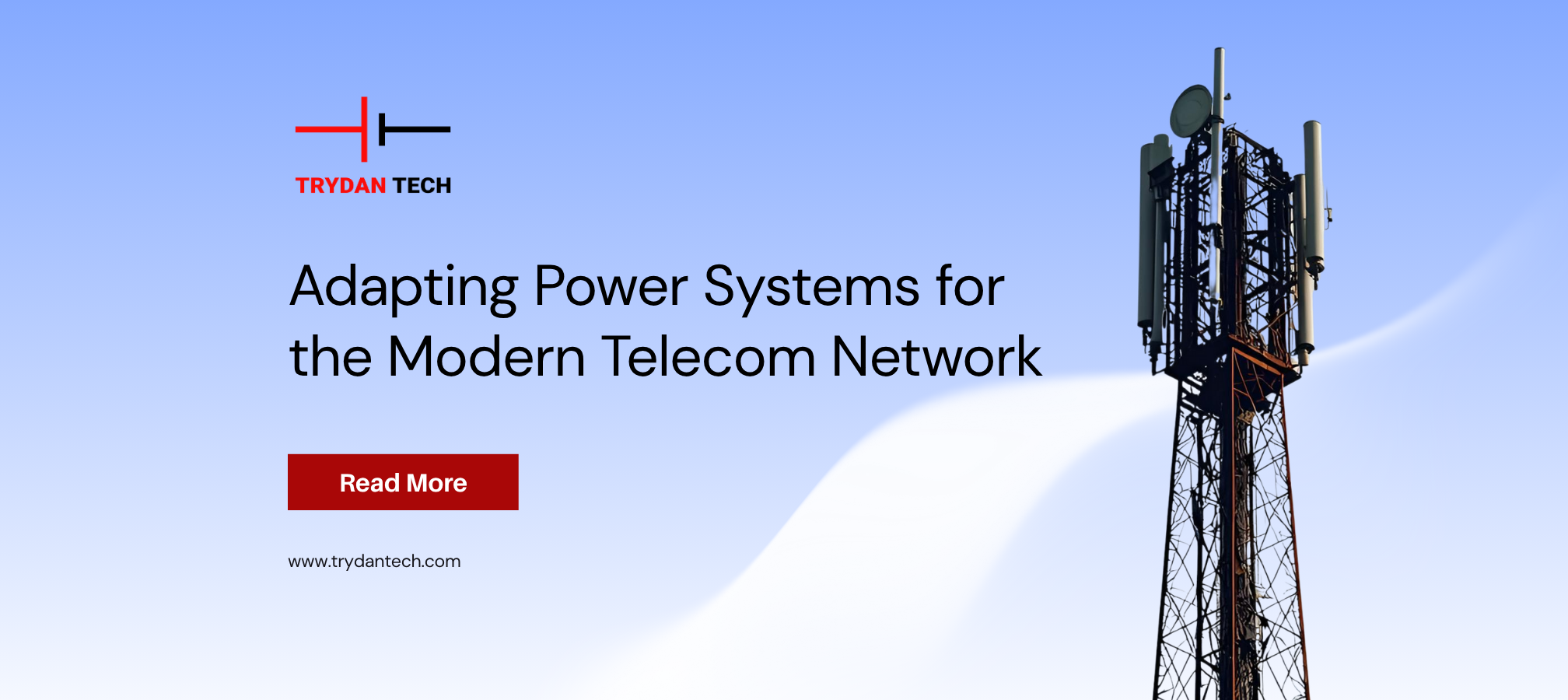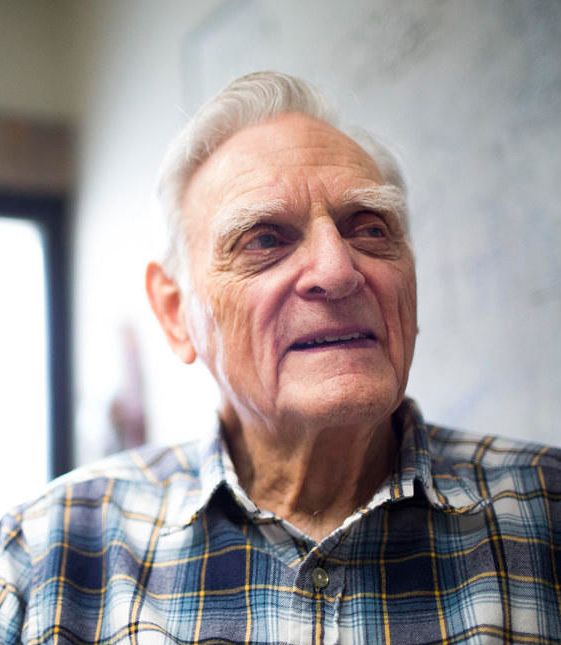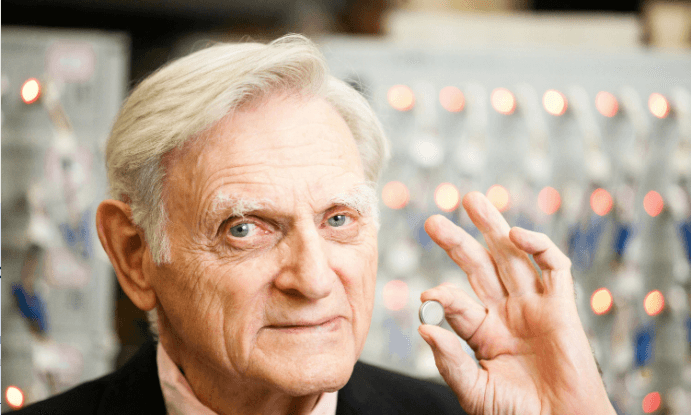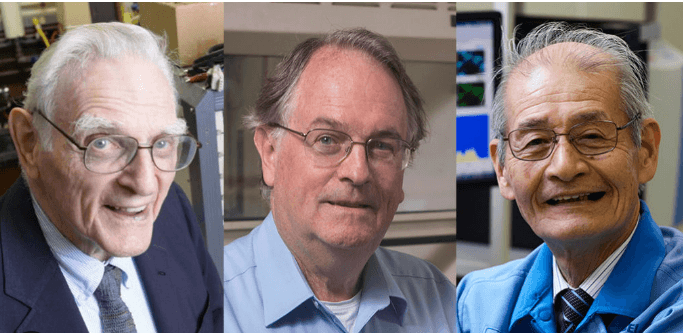
16.10.2025
By Marketing Team

In the realm of energy storage and the development of next-generation batteries, one name stands out as a pioneering force: John B. Goodenough. A renowned American physicist and engineer, Goodenough's groundbreaking research and contributions have revolutionized the field, paving the way for significant advancements in renewable energy technologies. This blog aims to shed light on the remarkable achievements of John B. Goodenough and his profound impact on the world.
Check out our video about John.B.Goodenough. Link

John B. Goodenough was born in Jena, Germany on July 25, 1922. He pursued his higher education at Yale University, where he earned a bachelor's degree in Mathematics and Physics in 1944. Goodenough then pursued a Ph.D. in Physics at the University of Chicago, completing his doctorate in 1952.
John B. Goodenough was born in Jena, Germany on July 25, 1922. He pursued his higher education at Yale University, where he earned a bachelor's degree in Mathematics and Physics in 1944. Goodenough then pursued a Ph.D. in Physics at the University of Chicago, completing his doctorate in 1952. Goodenough's most notable contribution to the world of energy storage came in the 1980s when he led the team that invented the lithium-ion battery. This breakthrough laid the foundation for portable electronic devices, such as laptops, smartphones, and electric vehicles, by providing a compact and efficient power source. The lithium-ion battery's high energy density and rechargeable nature have transformed the way we interact with technology and paved the way for the clean energy revolution.

Goodenough's contributions to science and technology have garnered widespread recognition. In 2019, he was awarded the Nobel Prize in Chemistry, alongside M. Stanley Whittingham and Akira Yoshino, for the development of lithium-ion batteries. This prestigious honor solidified his status as one of the most influential figures in the field of energy storage.
Even in his later years, Goodenough remains an active and visionary researcher. His commitment to advancing sustainable energy solutions has motivated numerous scientists and engineers around the world to explore and improve battery technologies. Goodenough's work serves as a reminder that age is no barrier to innovation and that persistence and curiosity are vital qualities in the pursuit of scientific breakthroughs.
John B. Goodenough's remarkable contributions to the energy storage field have transformed how we power our modern world. From the invention of the lithium-ion battery to his recent advancements in cobalt-free battery technologies, Goodenough's research and innovations have revolutionized portable electronics and laid the foundation for a renewable energy future. His relentless pursuit of knowledge and dedication to solving global challenges inspire scientists and engineers worldwide. As we search for cleaner and more efficient energy solutions, John B. Goodenough's work will undoubtedly remain a guiding light in pursuing a sustainable future.
We use cookies to enhance your browsing experience, analyze site traffic, and personalize content. By continuing to use our site, you consent to our use of cookies. Learn more